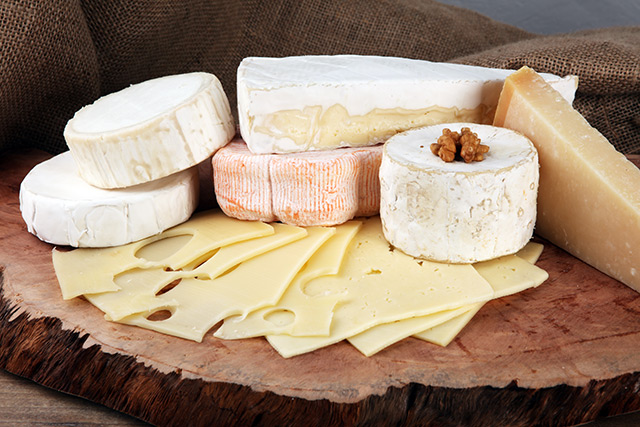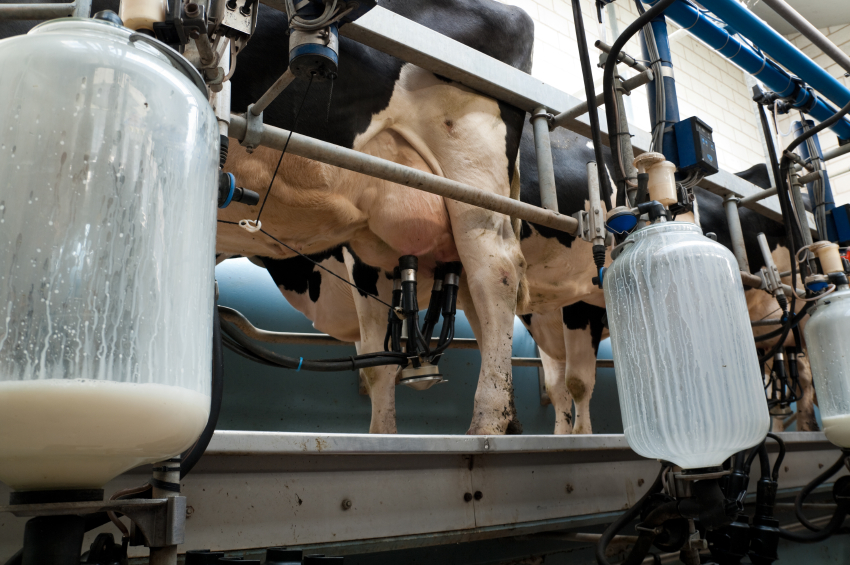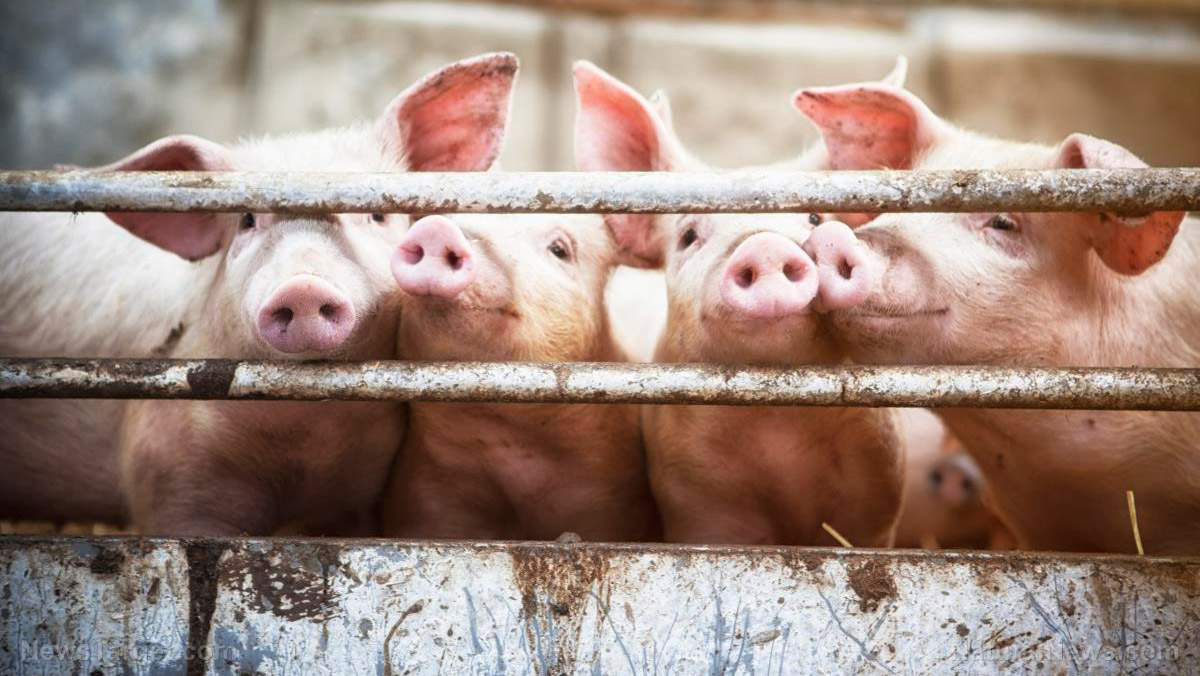
According to this study, there are certain probiotic strains that might work well with Greek feta cheese. Soon, "functional feta" could be on store shelves in a bid to address the growing demand for healthy food products.
The results of the pilot-scale "probiotic feta" production trial were published in Food Microbiology while the study was conducted by researchers from the Institute of Technology of Agricultural Products' Hellenic Agricultural Organisation DEMETER, Athens.
For the study, researchers added the bacterial strain Lactobacillus plantarum (L. plantarum) T571 as a co-starter culture to create a probiotic feta cheese. The addition of the bacterial strain created a high-quality product that featured sensory characteristics like those found in conventional feta.
The bacterial growth of L. plantarum in the product went beyond the threshold of six log colony forming units/gram (CFU/G) that was required to classify something as a probiotic food at the cold storage temperature of four degrees Celsius for nine months.
Additionally, viable numbers of the strain were maintained for six months, which is the normal commercial storage time, at the "abuse" temperature of 12 degrees Celsius. This so-called abuse temperature may "occur during transportation, retail storage, and household storage."
Study author Nikos Chorianopoulos noted that the new L. plantarum T571 strain that had potential as a probiotic was tested as adjunct culture when making feta cheese, a cheese commonly eaten in Greece and around the globe.
The tests on L. plantarum T571 produced excellent results in feta cheese because the cheese retained the majority of its typical characteristics. (Related: 11 Delicious Key Ingredients that Make The Mediterranean Diet So Nutritious.)
In the study, the researchers also tested the probiotic strain's effect on pathogenic bacteria. The probiotic product and a control cheese (sans L. plantarum ) was inoculated with three strains of Listeria monocytogenes (L. monocytogenes) , which can often cause severe (usually fatal) foodborne illnesses.
Chorianopoulos explained that when the L. plantarum T571 strain was added to the samples inoculated with the three-strain mixture of the pathogen, the results indicated a faster reduction of the pathogen compared to the control samples. He added that during storage, L. monocytogenes was below the detection limit of the enumeration method in probiotic samples.
The potential of probiotic cheese
The researchers used Fourier Transform Infrared (FTIR) analysis in the study to keep track of the evolution of the microbiological characteristics of control and probiotic cheeses from manufacturing to ripening and, finally, long-term storage.
The scientists noted that this marks the first time that the technique was applied from "end-to-end" of the production process. FTIR also proved to be valuable in estimating the sensory quality and shelf life of the cheese.
But the researchers shared that conducting consumer studies can also help produce reliable results. Additionally, consumer studies can help them look into how shoppers will react to the new probiotic cheeses.
Because feta is a cheese that's popular around the world and there is growing demand for functional foods, probiotic feta cheese has "great potential."
The researchers concluded that in the current global global food industry, the probiotic market is enjoying "an unprecedented growth to conform with the consumer demand for new products with health beneficial effects." Even the dairy industry could have a crucial role in the functional food production, especially since feta cheese can be used as a "suitable matrix for carrying probiotic microorganisms."
Fast facts on feta cheese
- Feta is one of the most popular Greek cheeses.
- At least 70 percent of Greek cheese consumption is feta cheese.
- Feta cheese is protected by EU legislation. In fact, only cheeses manufactured in Central Mainland Greece, Lesvos, Macedonia, the Peloponnese, Thessaly, and Thrace can be named "feta."
- Traditional feta cheese is made with 30 percent goat's milk that is combined with sheep's milk taken from animals grazing on pastures in specific regions.
- Feta cheese's firmness, flavor, and texture vary depending on the region, but generally, cheese from Macedonia and Thrace is mild, softer and creamier, and less salty with fewer holes. Feta from Thessaly and Central Greece has a more intense and robust flavor. Peloponnese feta has a drier texture and it's open and full-flavored.
- Feta is a pickled curd cheese with a salty and tangy taste that is complemented by the brine solution. Depending on the age, the texture of feta can be extremely creamy or crumbly and dry.
You can read more articles about other findings on probiotic-rich food at Scientific.news.
Sources include:
Please contact us for more information.























